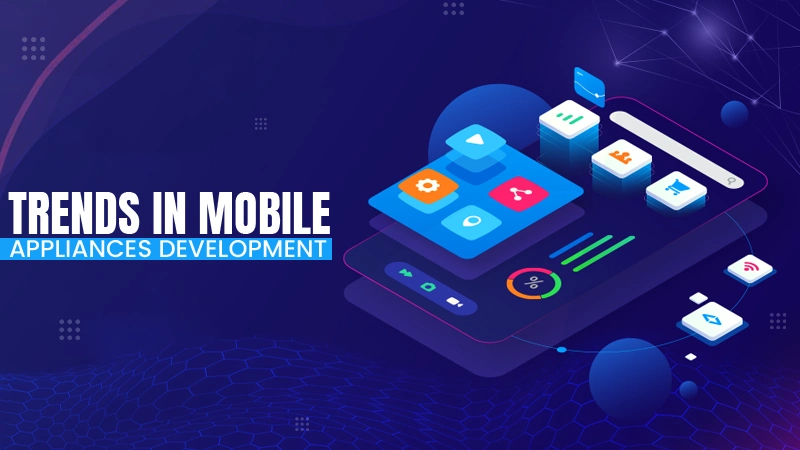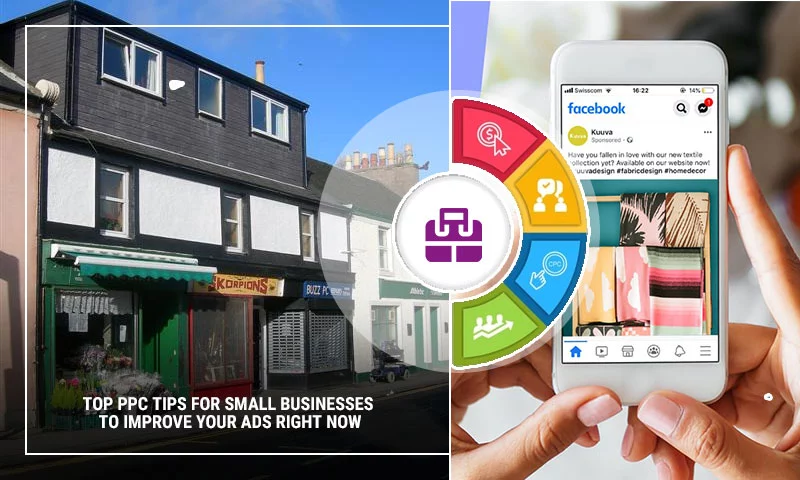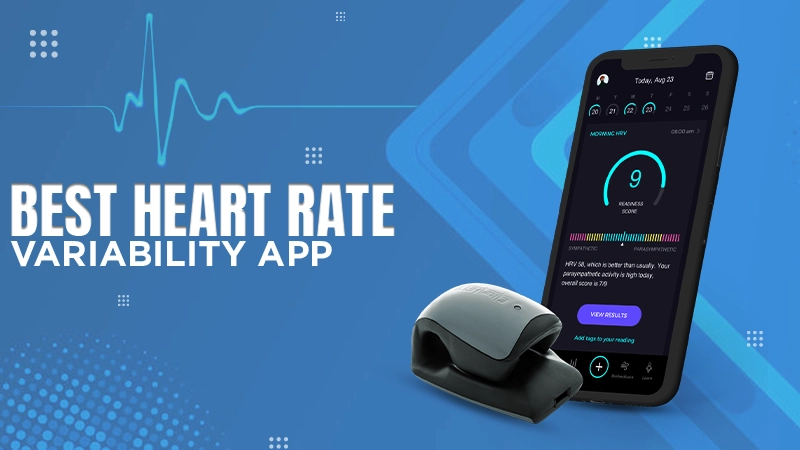How to Make Money with an Entertainment App
It’s safe to say that the media and entertainment industry has experienced a major boost over the last few years. First, technology has made a dramatic leap — just take a look back to understand how visual and sound effects have evolved. And next, it was the outbreak of the COVID-19 pandemic that facilitated a high demand for media & entertainment software development services. It made people stay at home looking for ways to entertain themselves, resulting in mobile apps being seen as a blessing in the lockdown boredom.
The market of entertainment apps is thriving, driving entrepreneurs and business owners to create apps that will allow them to capitalize on this trend. If you are considering investing in an entertainment app — stay with us. Together with our friends from AnyforSoft — a company specializing in media & entertainment development — we’ve created a brief guide to help you make your first steps toward making your idea come to life.
Decide on the Type of Your App
For starters, you need a clear idea of what kind of entertainment app you want to create. Let’s look at the most popular types of entertainment apps:
- Video Apps. Creating a video app is a terrific chance to tap into an enormous audience — today, people prefer watching videos over reading text content, so why not capitalize on it? It could be a video-sharing platform like YouTube, a movie streaming service like Netflix, or a short video hosting service like TikTok, just to name a few to get you inspired.
- Audio Streaming Apps. Audio streaming services such as YouTube Music, Spotify (btw a leader among entertainment apps with a whopping 119 million downloads), and Amazon Music Unlimited are enjoying spectacular success. The secret behind this success is simple — audio streaming offers users the ultimate convenience of discovering and listening to millions of audio tracks and podcasts without having to download them on their devices.
- Gaming Apps. Games have always been popular with both kids and adults. There’s a wide range of game genres to choose from — action, adventure, arcade, battle, role-playing, racing, and strategy, to mention a few, so if you have an exciting idea for a gaming app, why not give it a go?
- Social Media Apps. Social media apps have everything — they allow users to keep in touch with family and friends, watch videos, and play games. And while it might seem that everything has already been invented, there are high chances to come up with the idea that will guarantee you whopping downloads.
Choose the Platform
Platform-wise, you’ll have to choose between native app development (for iOS or Android or both), hybrid, or progressive web applications. This choice will affect your project timeline, budget, potential audience size, and, consequently, your potential revenue. Still, choosing the platform has nothing to do with taking shots in the dark — before making this decision, you need to thoroughly analyze your target audience and decide on the features you want in your app. Let’s take a brief look at your options:
Native Apps
Native apps are built for specific devices, meaning an iOS app won’t run on Android and vice versa. The most remarkable advantage of native apps is that they can fully use the device’s functionality, such as the camera, GPS, Bluetooth, etc. What is more, they’re highly responsive and always look great since they’re designed specifically for the specific device type. Still, native app development means higher costs and longer development times.
Cross-platform Apps
Cross-platform development means creating an app that can work on both iOS and Android, which translates into maximum reach. Although building cross-platform apps is associated with lower development costs and streamlined maintenance, such an app will have a bigger codebase size that can trigger loading and performance issues. To top it off, it’s hard to stick to specific platform experiences when developing for various systems, which translates into losing the native feel.
Progressive Web App Development
Progressive web apps use browsers to display their interface. They aren’t distributed through app stores — instead, they are available at certain URLs, meaning that users needn’t install them on their devices. Besides working on multiple devices without depending on the operating system, one of the significant advantages of a progressive web app is that a user always uses its most recent version. However, web applications are typically slower than native apps and more challenging to market.
How to Monetize Your App
Finally, let’s explore some most widespread ways in which you can earn money from your application:
- Advertising. You can embed text, banner, or other ads in your app and get money for views.
- Subscription. Your users will be billed monthly or annually for viewing your app content. This way of monetizing is most popular with streaming services.
- Freemium. Freemium means providing users with basic features for free while offering in-app purchases for advanced experiences.
- Affiliate marketing. You can also earn money by advertising other apps in your app.
Parting Thoughts
With today’s picky consumer’s craving fun, launching an entertainment app looks like a pretty promising endeavor. However, it’s important to understand that app development is a lengthy process, so before you start looking for your perfect development partner, you should have a clear picture of the app you want to build.
Share















